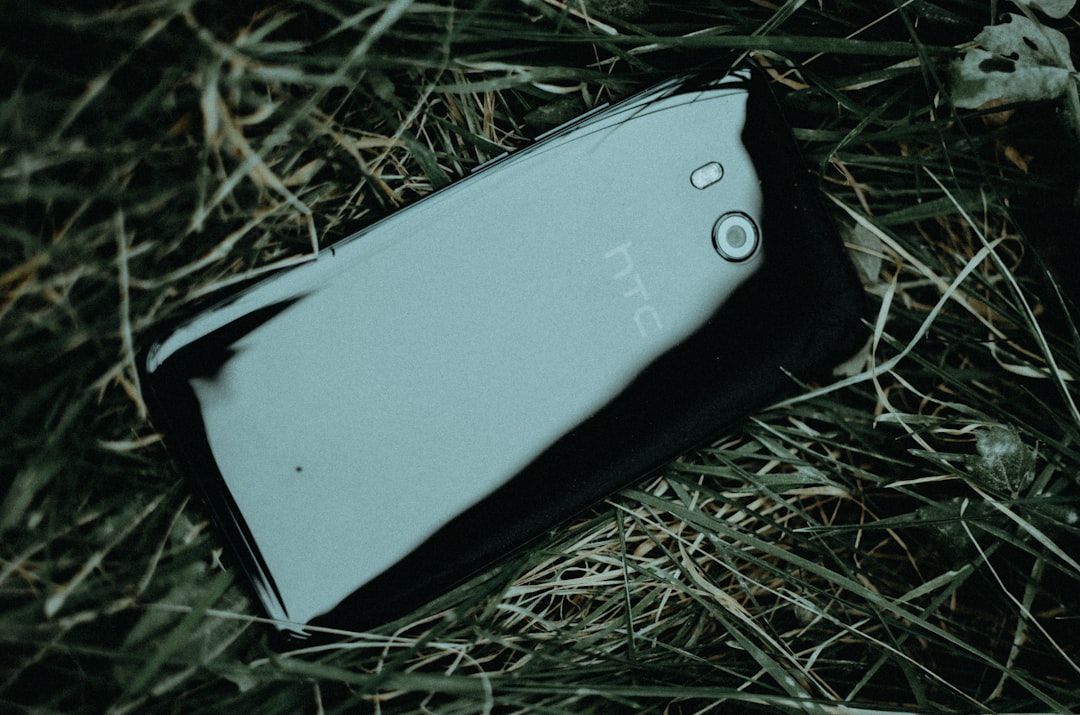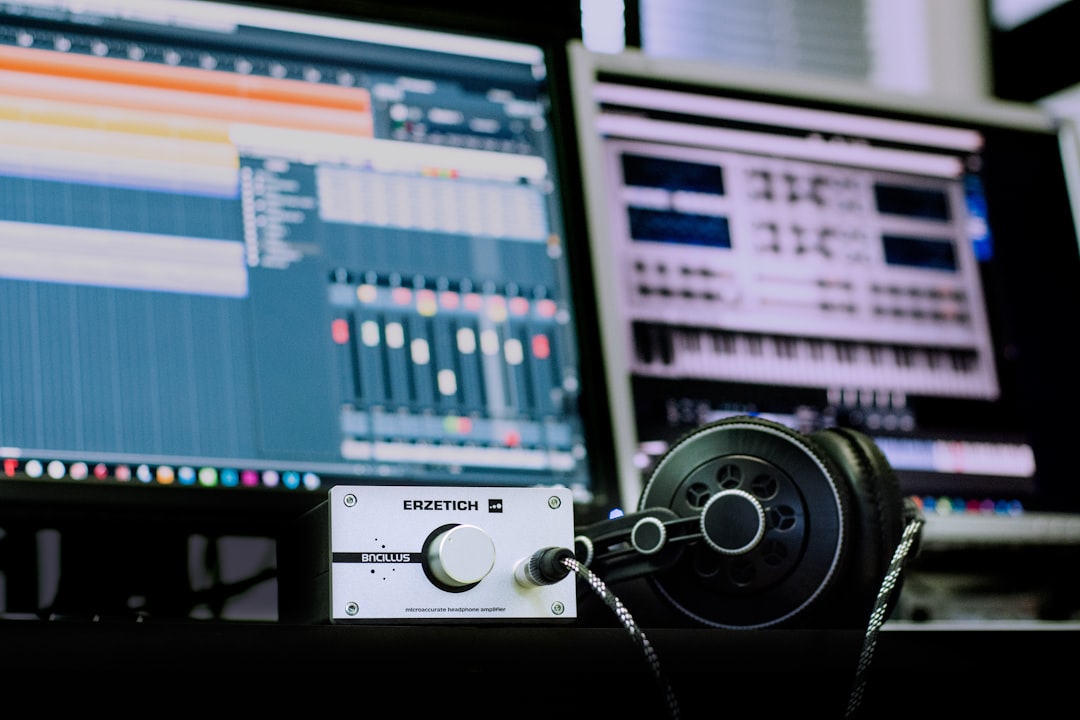In the world of digital media, file types can often seem confusing—especially when it comes to specialized formats like audiobooks. If you’re an audiobook enthusiast or just starting to explore this growing medium, you may have come across files ending in .m4b. These are not your average audio files. In fact, they offer unique features tailored specifically for audiobook playback.
Understanding what an M4B file is and how it differs from other audio formats can enhance your listening experience and make managing audiobooks easier. So let’s dive into the world of M4B files and discover what makes them the go-to format for audiobooks.
What Exactly Is an M4B File?
An M4B file is a digital audio file format used primarily for storing audiobooks. It’s a variation of the MP4 format, which is better known for video. However, in the case of M4B files, the focus is entirely on audio. What sets M4B apart from standard audio formats like MP3 is its advanced capabilities, especially for long-form audio content.
The M4B format is widely used on platforms such as Apple Books and Audible. Much like their video sibling (MP4), M4B files are encoded using AAC (Advanced Audio Codec), which allows for efficient compression without significant loss of quality.

Key Features of M4B Files
What makes M4B ideal for audiobooks isn’t just the format itself, but the powerful features it supports. Here are some standout characteristics:
- Bookmarking Support: This is one of the most useful features of M4B files. They remember where you left off, so you don’t have to manually search for your last listened position.
- Chapter Markers: Many M4B files are divided into chapters, making it easy to jump to specific sections, just like you would in a physical book.
- Metadata Embedding: M4B files can store information like cover art, author name, and publication details—great for organizing your library.
- Higher Compression: With AAC encoding, M4B files offer good sound quality at smaller file sizes.
How Are M4B Files Different from MP3s?
At first glance, you might wonder why someone would choose an M4B file over the more common MP3. While both can store audio, M4B is designed specifically for audiobooks, offering a tailored listening experience.
The following table highlights the differences:
| Feature | M4B | MP3 |
|---|---|---|
| Bookmarking | Yes | No |
| Chapter Support | Yes | Limited or No |
| Metadata Rich | Yes | Basic |
| Compatibility | Limited | Very High |
How to Open and Play M4B Files
Although powerful, M4B files are not universally supported across all devices and software. Here are some popular ways to play them:
- Apple Devices: Apple Books and iTunes support M4B files natively.
- Windows: You can use applications like VLC Media Player or MusicBee.
- Android: Try audiobook players like Smart AudioBook Player or Listen Audiobook Player.
Keep in mind that some M4B files, particularly from platforms like Audible, may contain Digital Rights Management (DRM) protection. In such cases, they can only be played using authorized apps or platforms.

Can You Convert M4B Files?
Yes, M4B files can be converted into other audio formats if needed, especially for compatibility reasons. Popular tools like Audacity, Freemake Audio Converter, or Online Audio Converter can help. However, be cautious when dealing with DRM-protected files, as converting them may not always be legal or possible without third-party software that circumvents DRM restrictions.
Why Choose M4B for Audiobooks?
If you’re an avid audiobook listener, M4B is hard to beat. It offers a combination of efficiency, functionality, and user-friendly features that make long-form audio consumption more enjoyable.
Here’s a quick summary of why M4B stands out:
- Perfect for long listens thanks to built-in resume support
- Easy navigation with chapter markers
- Rich metadata for better library management
In a nutshell, M4B files make the audiobook experience smoother and more personalized, allowing listeners to focus on the story instead of the technology.
Whether you’re diving into a fantasy epic or brushing up on your favorite non-fiction, the M4B format ensures your audiobook journey is as seamless as possible.



